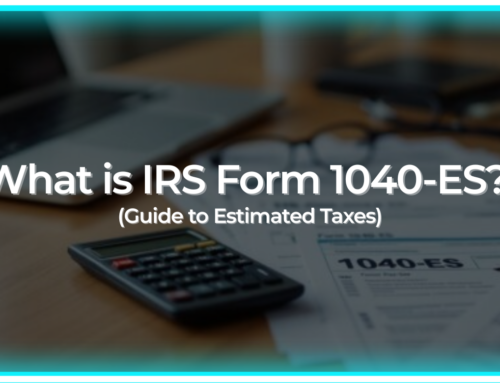Hello everyone, I’m Cindy, the Tax Manager here at Bette Hochberger, CPA, CGMA. Today I will give a quick guide on understanding tax credits, and the opportunities for both individuals and businesses that come along with it.
Tax credits emerge as valuable tools that can significantly impact both individuals and businesses. This blog aims to clarify a bit more on those credits, shedding light on how they work and unveiling the diverse opportunities they present for optimizing tax liabilities and financial growth.
What are Tax Credits?
Tax credits are incentives provided by governments to encourage specific behaviors, investments, or activities that contribute to societal or economic goals. Unlike deductions that reduce taxable income, these credits offer a dollar-for-dollar reduction in the actual tax amount owed, making them a potent way to lower tax liabilities.
Opportunities for Individuals
Child Tax Credit: Designed to assist families with children, this credit offers substantial relief for each qualifying child, helping to ease the financial burden of raising a family.
Earned Income Tax Credit (EITC): Aimed at low to moderate-income individuals and families, the EITC can provide a significant refund, potentially lifting individuals above the poverty line.
Education Credits: Credits like the American Opportunity Credit and Lifetime Learning Credit reduce the cost of higher education for eligible students and their families.
Residential Energy Credits: Individuals investing in energy-efficient home improvements can receive credits for reducing their carbon footprint while saving on taxes.
Opportunities for Businesses
Research and Development (R&D) Credit: Businesses engaged in qualifying research activities can receive credits that encourage innovation, ultimately driving technological advancements.
Work Opportunity Tax Credit (WOTC): Businesses that hire individuals from certain targeted groups, such as veterans or ex-felons, can claim credits while fostering inclusivity and providing job opportunities.
Renewable Energy Credits: Businesses investing in renewable energy sources like solar, wind, or biomass can earn credits that promote sustainable practices.
Low-Income Housing Credit: Encouraging affordable housing, this credit incentivizes developers to create housing options for low-income individuals and families.
Navigating the Credit Landscape
Awareness and Eligibility
Understanding the specific criteria for each credit is crucial. Consulting with tax professionals ensures accurate assessment of eligibility and maximum benefit.
Proper Documentation
Thorough documentation is vital to support credit claims. Keeping records of expenditures and activities is essential to validate credit applications.
Timely Claiming
Filing for credits within the stipulated time frames is imperative. Missing deadlines can result in missed opportunities for substantial tax savings.
In conclusion, credits stand as powerful tools that not only reduce tax liabilities but also drive desired behaviors and investments. By capitalizing on the numerous opportunities available for individuals and businesses, taxpayers can optimize their financial positions while contributing to broader societal goals!
I hope you got a great takeaway from today’s blog, and I will see you all soon!







